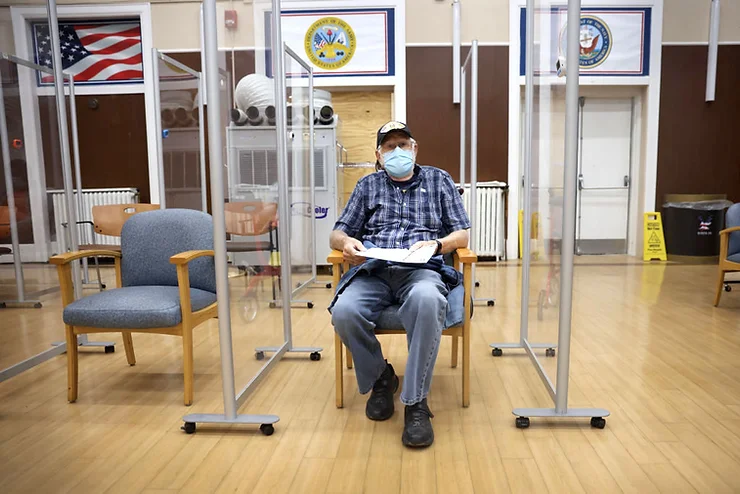Those concerned about the merit of VA Secretary Denis McDonough’s recently released recommendations for facility closures, renovations, and realignments should give a close reading to an overlooked Government Accountability Office (GAO) report released in February. The investigation reveals major flaws in the VA’s market assessments and makes unmistakably clear that this information is deficient and is unusable as the basis of the Asset and Infrastructure Review (AIR) Commission’s forthcoming deliberations.
Behind the report’s tactful language lies a scathing indictment of the entire data collection process. It reads: “The VA’s approach to the market assessments did not include steps to collect information on the quality of VA data compiled from numerous VA data sources or other steps to understand any relevant data limitations. As a result, VA is unable to communicate to external stakeholders, such as the AIR Commission, all relevant information on the quality of VA data used in market assessments, including any limitations affecting these data and the resulting proposals for realignment.”
The GAO report further details why the VA’s data is so inaccurate. It notes, for example, that VA collected “incomplete data on community care network adequacy—that is, the extent to which VA’s contractors maintain an adequate network of providers to ensure veterans have timely access to community care.” Ensuring short wait-times is a cornerstone of McDonough’s plan, yet VA lacks information to substantiate that the private sector can deliver care in a timely manner. That’s because VA only relied on surveys of veterans’ experience with private sector providers, and the reported location of network providers. The department didn’t bother to ask whether private sector providers who are not yet in the VA networks would join, had the capacity to care for VA patients, or would accept VA payment rates.
The report also notes that the market assessments didn’t “allow VA to compare costs of providing care to veterans at VA facilities compared with community care.” While VA promised to compile data on the cost of inpatient services, it presented insufficient documentation in this area. The VA also failed to compile data on private outpatient care costs. “The lack of such data hinders VA’s ability to consider cost in determining whether to rely on community care providers in meeting the health care needs of veterans,” the GAO found.
There are also big data gaps on private sector costs. While it is highly anticipated that closing a VA and issuing vouchers will incentivize more veterans to bill the VA for care that they receive outside the VA, these resulting cost increases were ignored in VA’s projections.
The GAO is the “congressional watchdog,” the non-partisan body charged with investigating federal spending/performance. Its AIR report cannot be ignored. The stakes for the nation’s most comprehensive healthcare system are too high. Any deliberations on the Secretary’s recommendations should be suspended until validated, well-sourced, and accurate up-to-date data is produced. Congress should impose an entirely new timeline on AIR commission meetings and hearings as well as on its final report so that a valid, and accurate process can be assured.



